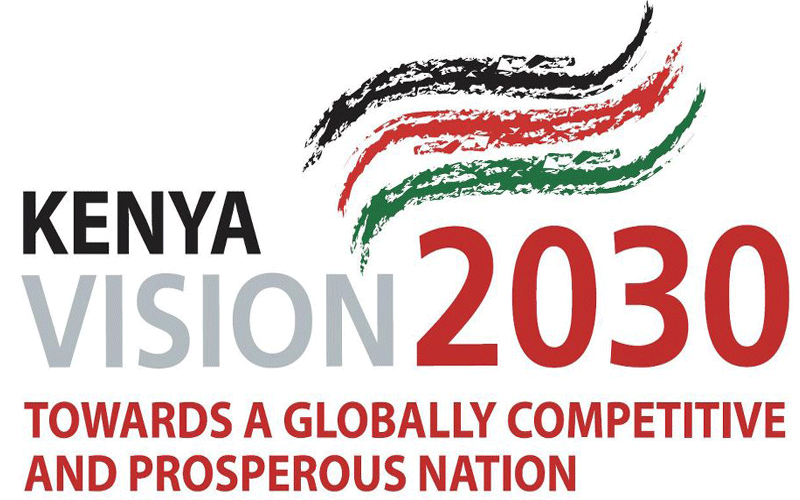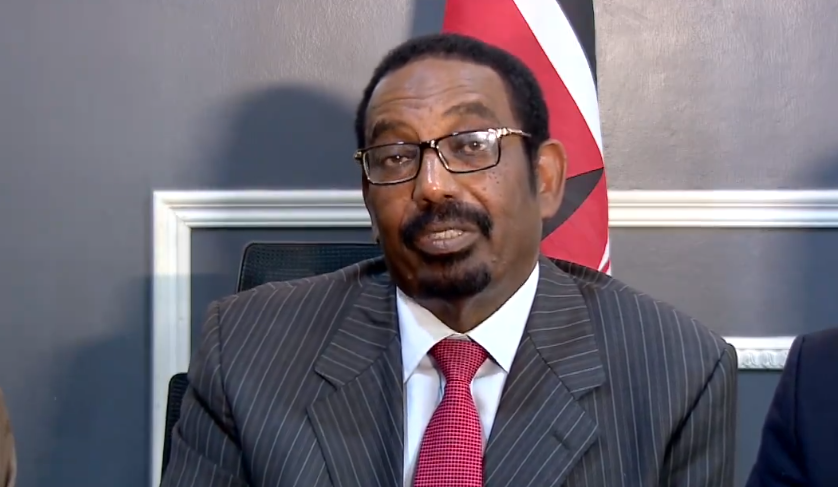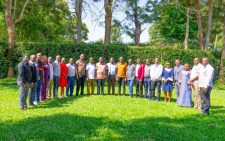Vision 2030 leadership should prioritise innovation

Although Kenya has made important steps in reducing poverty and improving quality of life of its citizens, by, for instance, increasing access to electricity in rural areas and building major trunk roads, the journey is far from complete.
Considering that the pandemic has reversed many of these gains, a lot of work still needs to be done to ensure that the country does not regress.
One of the low-hanging fruits the country can consider is to make farming more economically viable since it is the biggest employer and holds the key to ensuring food security – a key ingredient in powering the journey to industrialisation.
For example, the potential for livestock development remains latent, yet across the border in Ethiopia, it has become a major driver of both employment and export through manufacture of leather and related products.
By working with private sector, and with county governments, national level policy makers can drive job creation by ensuring factories to process livestock products are built in regions such as northern Kenya, where raw materials are abundant.
This will not only devolve economic activities but also spur infrastructure development needed to improve quality of life as envisioned in Vision 2030 blueprint.
With 10 years to go before we can say we have achieved our goal of becoming a middle-income economy, it is important to ensure the team charged with delivery of this goal is given resources it needs to achieve the short and middle term targets. This includes both sufficient budgetary and manpower allocation.
Whereas there have been concrete steps taken to increase financial inclusion for the poor, through innovations as mobile banking and digital loans, there is still room for policy interventions to increase access of opportunity for advancement.
This is critical in rural areas where many people remain either unemployed or under-employed and where, due to policy gaps, primary producers still earn less than they deserve due to exploitation by middlemen.
Thus, both national and county governments need to do more to create efficient value chains, encourage small-scale agro-processing and enforce rules and regulations that penalise farmer exploitation.
Nothing is more encouraging than a trip to a rural area where small-scale entrepreneurs have set up milk or fruit processing factories, and where farmers have an opportunity to supply produce to a ready buyer who offers competitive prices.
These are models that need to be replicated in every county as they are the building blocks for long-term macro-economic stability.
Coupled with this is the need to invest more in an education system that rewards creativity and innovation.
This should be supported by a national incentives and incubation programmes that nurture start-ups with potential to achieve scale. In the past, education prepared learners to seek jobs.
There is need to shift this and encourage job creation as the ultimate goal of education, particularly in technical and vocational institutions.
This, in turn, calls for greater collaboration between industry and training institutions.
With the exception of ministries like the Treasury, which has a cross-cutting mandate because it finances all others, there was no consistently co-ordinated approach to driving synergy among agencies involved in similar work.
That was, until the Vision 2030 delivery board was set up during President Mwai Kibaki’s administration.
However, its work over the years has been hampered by a high turn-over at the leadership level as those who show great potential rise up the ranks and move out of the institution.
That is why this week’s appointment of a new Director-General for the delivery board should create impetus for a more co-ordinated approach to the broader goal of increasing investments in undertakings that will increase prosperity for all and translate to tangible gains for citizens.
This is critical now given the adverse effects that Coronavirus has had on Kenya’s economy and the toll it has taken on jobs and livelihoods. —The writer is a partner and head of content at House of Romford. [email protected]









